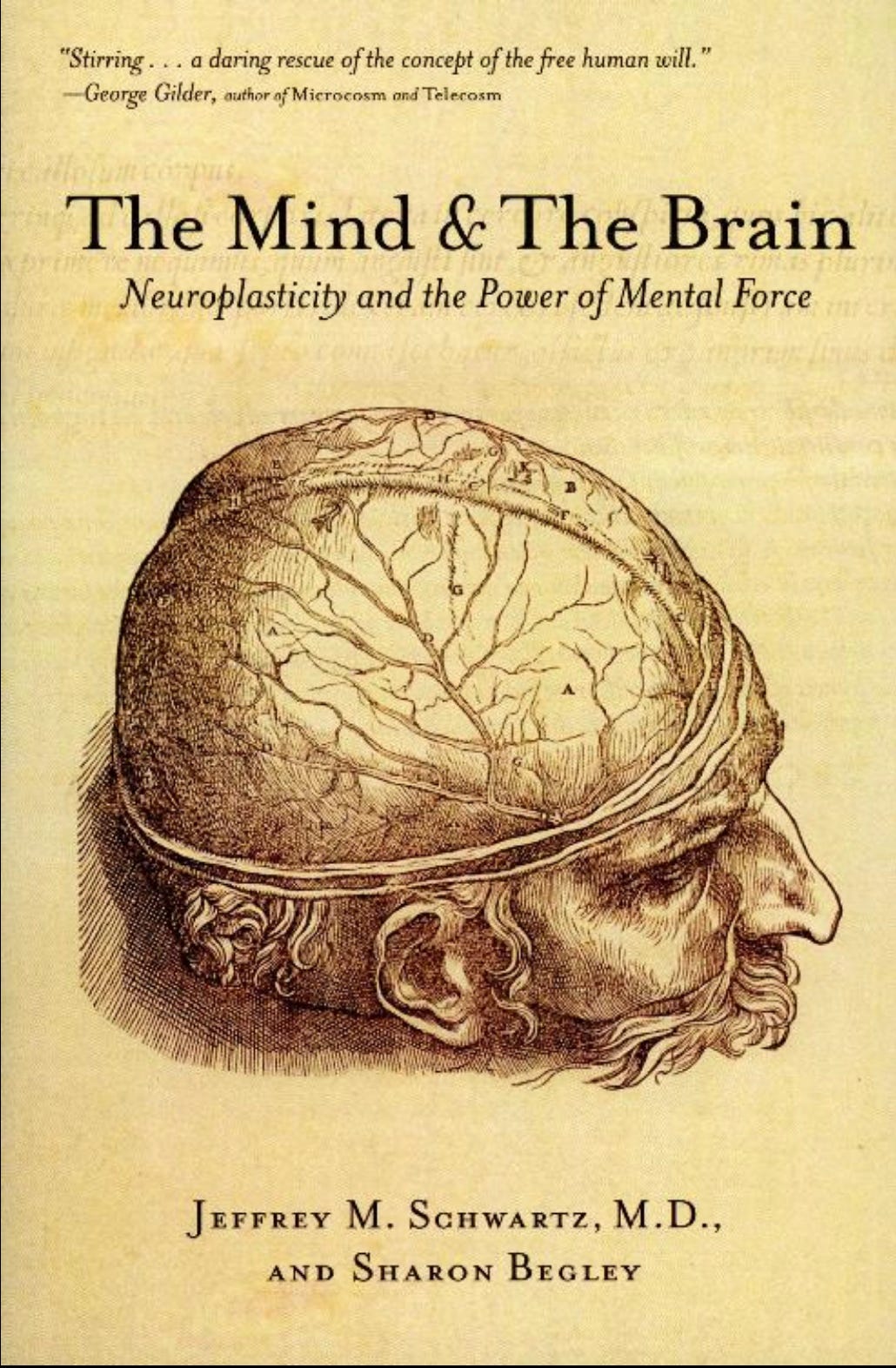I want to welcome all the subscribers who joined recently. Also, If you enjoy reading this,please feel free to like, subscribe and share.
If you want to contact me, please email me at leveragethoughts@gmail.com
While browsing twitter recently, a twitter post from an early investor and advisor at Figma - web application for interface design recently acquired by Adobe for $20 billion - caught my attention:
The books on the shelves in the post were mostly related to design, an area in which Figma competes in.
This captures what I like to think of knowing one’s focus and aligning what one needs to execute; It’s the idea that Everything is Not For You
However, that level of focus in business or in our personal endeavours is not as common as one might imagine; especially for autodidacts who tend to learn horizontally and vertically.
Some persons have such a wandering genius that they are ready to pursue every incidental theme or occasional idea, till they have lost sight of the original subject
Isaac Watts: The Improvement of the Mind
This post aims to provide some kind of framework/structure to enable you navigate your learning/career goals:
Don’t attempt to boil the ocean.
Know what concerns your business.
The effort of attention systematically changes the way the brain works for your benefit.
I would like to call this the DKT framework.
Don’t Attempt To Boil The Ocean
In the matters of practice, we should be most careful to fix our end right, and wisely determine the scope at which we aim, because that is to direct us in the choice and use of all the means to attain it. If our end be wrong, all our labour in the means will be vain, or perhaps so much the more pernicious as they are better suited to attain that mistaken end
Isaac Watts: The Improvement of the Mind
You can’t know everything, and you should not attempt to know everything about everything.
What you should do instead is know what your goals are and focus on learning what is needed to achieve your goals. You should understand the scope of that which you aim
In the pursuit of every valuable subject of knowledge, keep the end always in your eye, and be not diverted from it by every petty trifle you meet with in the way. Some persons have such a wandering genius that they are ready to pursue every incidental theme or occasional idea, till they have lost sight of the original subject
Isaac Watts: Improvement of the Mind
Your time on earth is finite; The world is large and using consulting “speak”, you should not attempt to boil the ocean.
Know What Concerns Your Business
John Locke, 17th century English Philosopher and Enlightenment Thinker, in his book - On The Human Understanding - uses the analogy of a sailor and the length of his line:
It is of great use to the sailor to know the length of his line, though he cannot with it fathom all the depths of the ocean; it is well he knows that it is long enough to reach the bottom at such places as are necessary to direct his voyage, and caution him against running upon shoals that may ruin him.”
Our business here is not to know all things but those which concern our conduct. Figuring out what your conduct is very important.
Once one’s conduct is figured, one can then focus on it. As mentioned in one of my previous posts, it pays to set your personal goal and focus on it.
The effort of attention systematically changes the way the brain works - Jeffrey Schwartz and Sharon Begley
The benefit of having your focus and doing what necessary for it is that in the process, the power of attention is cultivated. And in a world of distractions, having built the attention muscle will probably lead to superior performance relative to others.
The benefit of attention as explained by Jeffery Schwartz and Sharon Begley in the Mind and the Brain is:
The power of attention not only allows us to choose what mental direction we will take. It also allows us by actively focusing attention on one rivulet in the stream of consciousness, to change in scientifically demonstrable ways the systematic functioning of our own neural circuitry.
Optimising our brains through our minds can enable us achieve our objectives, and this is relatively within our control according to Jeffery and Sharon.
In conclusion, especially for knowledge workers and professionals: Everything is not for you! As Rumi, 13th century Persian Poet, stated:
The art of knowing is knowing what to ignore.
Do click on the comment button below to share your thoughts on this newsletter
Don’t enjoy this post alone. Share it with your friends, colleagues and family to enable them to participate in the leverage thoughts family.
If you have enjoyed reading this post from Jideofor, smash the subscribe button below to receive notifications in your email when new posts are published.





